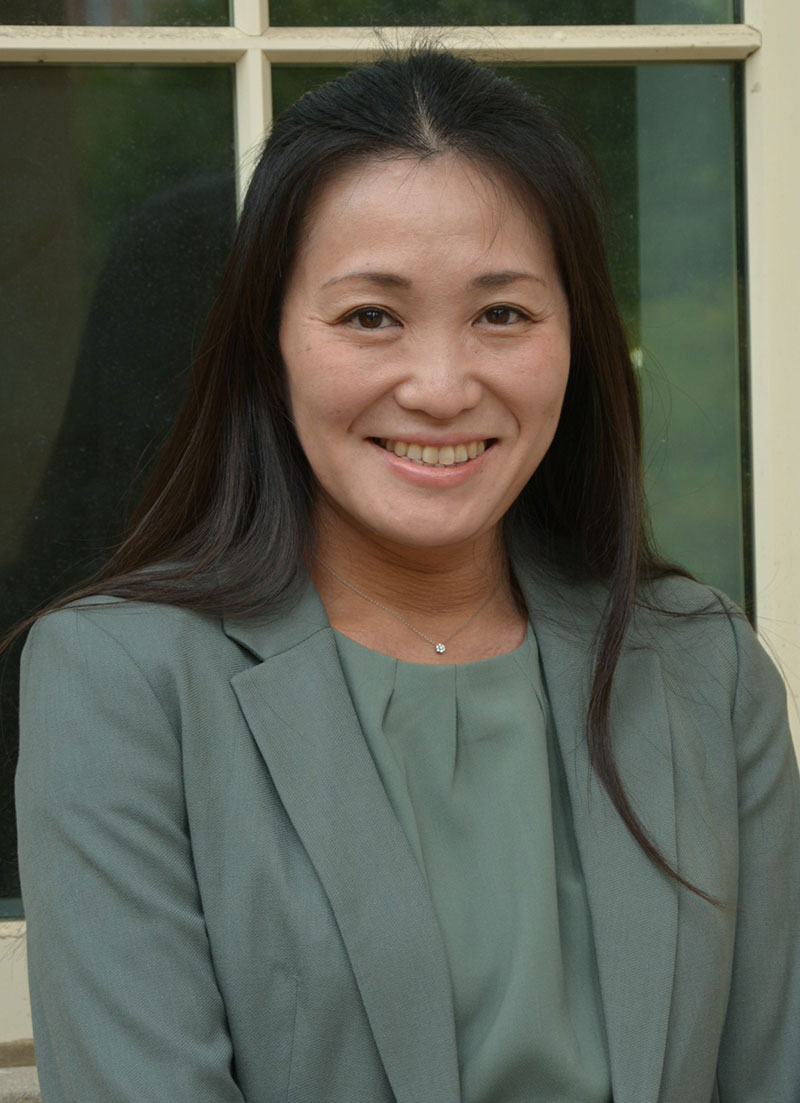Date: Tuesday, November 16, 2021
Time: 4:30 p.m.
Location: Whitaker Lab 303
Lehigh University's Materials Science and Engineering department would like to remind you about its upcoming speakers in it Fall 2021 Seminar Series. Seminars are open to all visitors. Attendance is required for all full-time MSE graduate students.
 On Tuesday, November 16 at 4:30 p.m. EDT, Dr. Urara Hasegawa, Penn State University, will present "Reactive Oxygen, Nitrogen and Sulfur Species: New Opportunities for Biomaterials Design," as part of Materials Science and Engineering's Fall 2021 Seminar Series. The event will be held in person at Whitaker Lab Room 303.
On Tuesday, November 16 at 4:30 p.m. EDT, Dr. Urara Hasegawa, Penn State University, will present "Reactive Oxygen, Nitrogen and Sulfur Species: New Opportunities for Biomaterials Design," as part of Materials Science and Engineering's Fall 2021 Seminar Series. The event will be held in person at Whitaker Lab Room 303.
Abstract:
Reactive oxygen, nitrogen and sulfur species (RONSS) are an emerging class of small compounds that are produced in almost all tissues in the human body and serve as key regulators in various physiological and pathological processes. These molecules include hydrogen peroxide (H 2 O 2 ), hydroxyl radical (HO • ), nitric oxide (NO), and hydrogen sulfide (H 2 S). RONSS exert regulatory functions in the cardiovascular, nervous, and immune systems by
mediating a series of redox signal transductions. In addition, accumulating evidence suggests that unregulated RONSS production in tissues leads to initiation and progression of various pathological conditions such as cancer and cardiac dysfunction. My group is interested in the biological significance of RONSS and has sought to engineer polymeric materials that generate, scavenge or respond to those reactive species. In this presentation, I will discuss how polymeric material design impact delivery of H 2 S and NO as well as their biological functions in cardiomyocytes and vascular endothelial cells. I will also present our strategy to use reactive oxygen species as a biological trigger to induce site-specific drug release from polymeric micelles in cancer tissue.
About The Speaker:
Urara Hasegawa is an assistant professor in the Department of Materials Science and Engineering at Penn State. She received her B.S. and M.Eng. in Applied Chemistry from Waseda University, Japan. She earned her Ph.D. in Biomedical Science from Tokyo Medical and Dental University, Japan, and then, worked as a postdoctoral fellow at École Polytechnique Fédérale de Lausanne (EPFL), Switzerland. She joined the Department of Applied Chemistry at Osaka University, Japan, as an assistant professor in 2011, and then moved to the Department of Chemical Engineering at Kansas State University in 2017 before joining Penn State in 2020.
Hasegawa’s research focuses on the development of polymeric nanomaterials for controlled delivery of drug and bioactive signaling molecules. Her work includes design and synthesis of polymeric nanomaterials using various polymerization techniques, such as reversible addition-fragmentation transfer (RAFT) polymerization and aqueous dispersion polymerization, as well as biological evaluation of these nanomaterials in cell culture and biological systems. Hasegawa’s work has been recognized with several awards including Osaka University Presidential Award for Encouragement in 2015, Warren and Gisela Kennedy Keystone Research Scholar in 2019 and NSF CAREER award in 2020.
